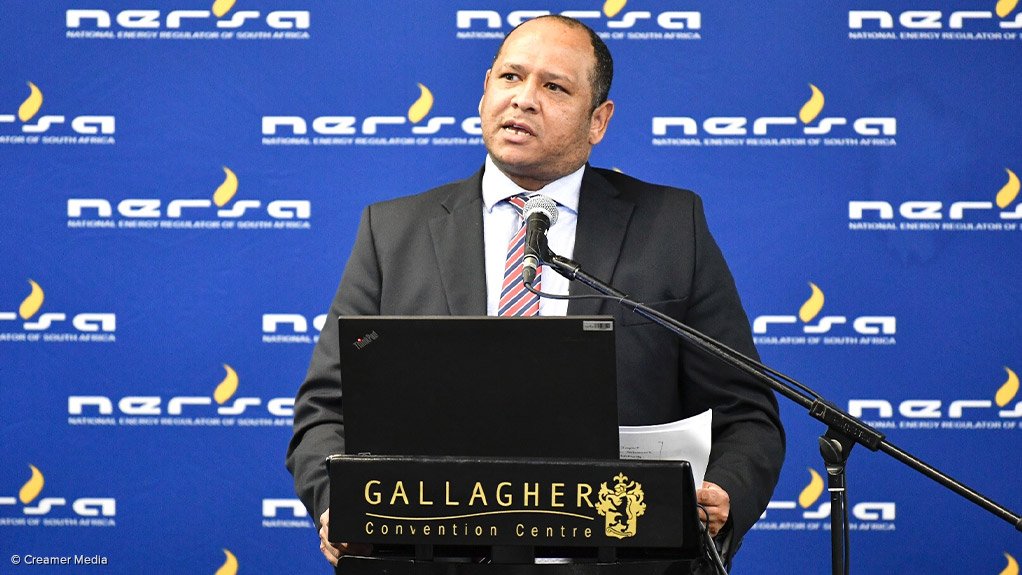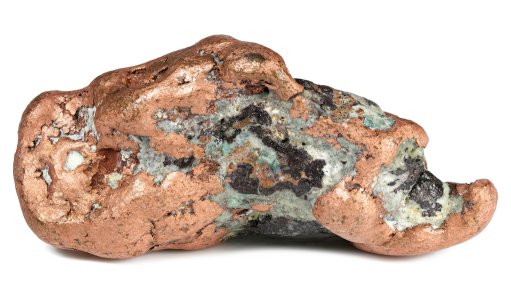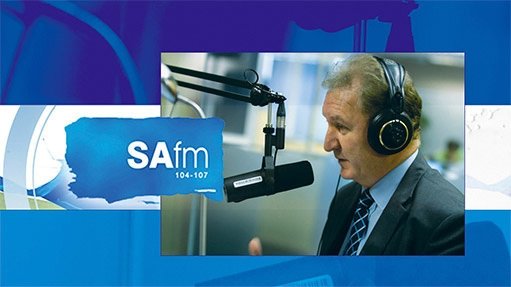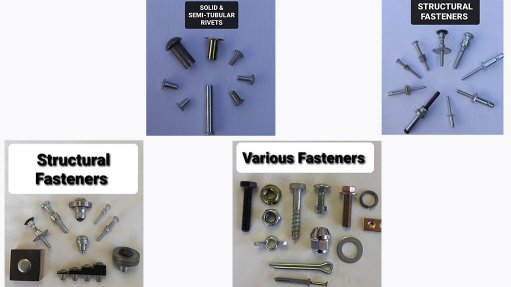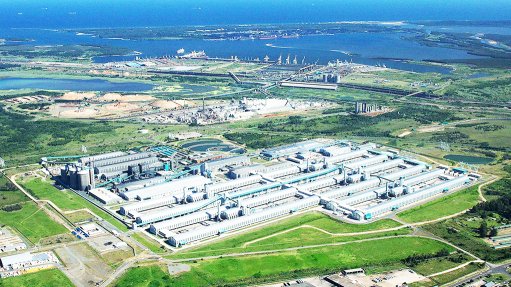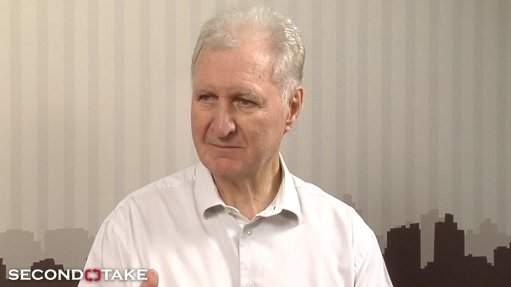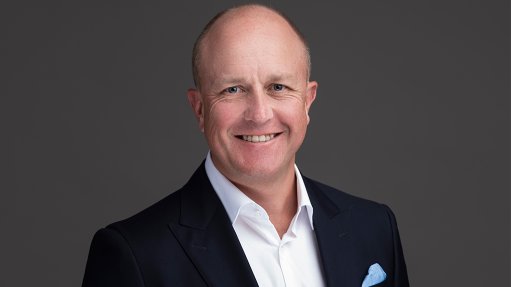As diesel funding model is mooted, Eskom confirms diesel spend of R18bn and climbing
Eskom CFO Calib Cassim told lawmakers on Tuesday that the State-owned utility had spent R18-billion on diesel for its current financial year-to-date, which began in April last year, and that it would probably need to spend another R4-billion until the end of March, raising the overall diesel spend for the year to R22-billion.
The utility was continuing to operate its diesel-fuelled open-cycle gas turbines (OCGTs) despite having announced in November that it was no longer in a financial position to do so.
That said, outgoing CEO André de Ruyter told the Standing Committee on Public Accounts that, had it not been for its financial constraints, Eskom would have burnt more diesel to offset the coal fleet’s poor performance and limit loadshedding stages.
However, chairperson Mpho Makwana revealed that an agreement had been reached with the National Energy Crisis Committee on January 23 regarding a diesel funding model, the details of which were being finalised.
“While this diesel funding model is being put in place, we are funding the diesel from internal savings and reallocations from other priorities,” De Ruyter told the committee members.
“So, our CFO has had to do some very nifty footwork in order to release the cash from other sources to enable us to buy as much diesel as we can responsibly procure. [But] of course there's a limit . . . and, therefore, we have had to conserve our reserves to responsible levels.”
He also provided insight into some of the initiatives that Eskom had proposed to government to assist it in buying diesel as cost-effectively as possible.
One of these included an application to the Department of Mineral Resources and Energy for a wholesale licence to enable it to purchase diesel at the level of the Basic Fuel Price, which could have yielded billions in savings.
The application had been rejected, however, while the South African Revenue Service had, to date, rebuffed its attempts to secure tax rebates to which Eskom felt it was entitled.
Cassim said expenditure on diesel to operate its OCGTs at Ankerlig and Gourikwa had already exceeded the budget for the year by more than R10-billion and he indicated that there were also likely to be further shortfalls in 2023/24 and 2024/25.
Eskom had applied to the National Energy Regulator of South Africa (Nersa) for revenue to operate its OCGT plants at a load factor of 12% for the coming two financial years, which would have translated to allowable revenue of about R17-billion a year for diesel alone.
In approving the recent hikes of 18.65% for 2023/24 and 12.74% for 2024/25, Nersa said Eskom should operate the plants at a load factor of 6%, which would translate to a diesel budget of about R8.5-billion for the coming two financial years.
Cassim said the diesel budget shortfall would, thus, probably be about R16-billion over the coming two financial years, depending on actual oil prices, final diesel volumes and coal-fleet performance.
De Ruyter refused to be drawn on the debate as to whether Eskom should forgo the tariff increase in light of cost-of-living pressures; one that had intensified in light of various legal actions against the hikes and President Cyril Ramaphosa’s call for the board to find ways to limit the increases.
“I won’t comment on cost-reflective tariffs – that being a particularly sensitive and litigious topic at this point in time – save to say that there are essentially two sources of enabling Eskom to recover its costs: either from those who consume electricity or from the taxpayer by way of transfers from the National Treasury.
“And this is a choice that those who take these decisions need to make,” he said.
Comments
Press Office
Announcements
What's On
Subscribe to improve your user experience...
Option 1 (equivalent of R125 a month):
Receive a weekly copy of Creamer Media's Engineering News & Mining Weekly magazine
(print copy for those in South Africa and e-magazine for those outside of South Africa)
Receive daily email newsletters
Access to full search results
Access archive of magazine back copies
Access to Projects in Progress
Access to ONE Research Report of your choice in PDF format
Option 2 (equivalent of R375 a month):
All benefits from Option 1
PLUS
Access to Creamer Media's Research Channel Africa for ALL Research Reports, in PDF format, on various industrial and mining sectors
including Electricity; Water; Energy Transition; Hydrogen; Roads, Rail and Ports; Coal; Gold; Platinum; Battery Metals; etc.
Already a subscriber?
Forgotten your password?
Receive weekly copy of Creamer Media's Engineering News & Mining Weekly magazine (print copy for those in South Africa and e-magazine for those outside of South Africa)
➕
Recieve daily email newsletters
➕
Access to full search results
➕
Access archive of magazine back copies
➕
Access to Projects in Progress
➕
Access to ONE Research Report of your choice in PDF format
RESEARCH CHANNEL AFRICA
R4500 (equivalent of R375 a month)
SUBSCRIBEAll benefits from Option 1
➕
Access to Creamer Media's Research Channel Africa for ALL Research Reports on various industrial and mining sectors, in PDF format, including on:
Electricity
➕
Water
➕
Energy Transition
➕
Hydrogen
➕
Roads, Rail and Ports
➕
Coal
➕
Gold
➕
Platinum
➕
Battery Metals
➕
etc.
Receive all benefits from Option 1 or Option 2 delivered to numerous people at your company
➕
Multiple User names and Passwords for simultaneous log-ins
➕
Intranet integration access to all in your organisation



